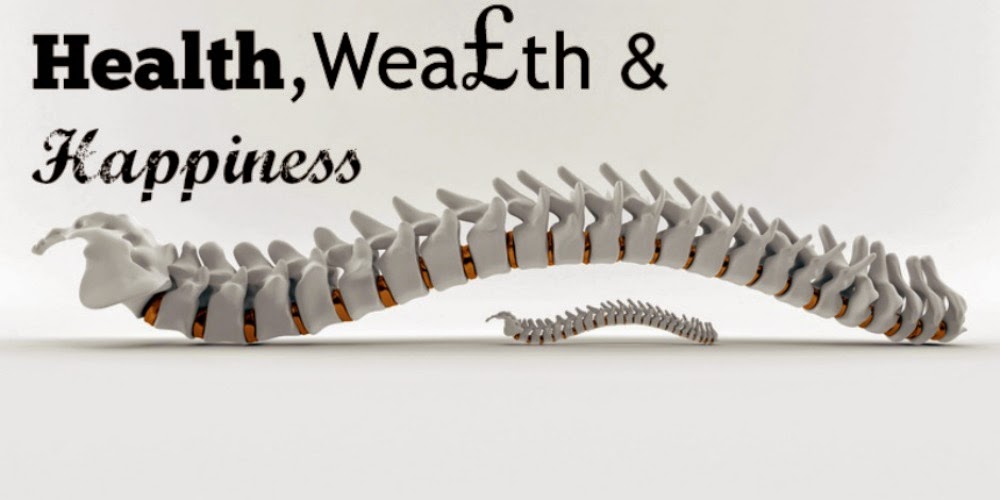 So far, #5stepping shouldn’t have proved to onerous – drink
more water, walk a little more; drink less caffeine and alcohol, sit a little
less … but then that’s the whole point of #5stepping: it isn’t meant to be
hard, it’s all about those little incremental changes that stack up to make a
big difference.
So far, #5stepping shouldn’t have proved to onerous – drink
more water, walk a little more; drink less caffeine and alcohol, sit a little
less … but then that’s the whole point of #5stepping: it isn’t meant to be
hard, it’s all about those little incremental changes that stack up to make a
big difference.
The third step you can take to make your life healthier is
even easier … it involves doing absolutely nothing, and doing it for at least
seven-and-a-half hours a day!
That’s the minimum amount of sleep the average person needs
to stay healthy yet more than half of us aren’t getting more than around six
hours per night – and not enough zeds doesn’t just make you feel a bit slower,
it could kill you!
The amount of sleep we need changes through life: and it’s
not just adults that are getting less than they need. Children need around 11-12 hours sleep at
pre-school age and teenagers 9-10 hours per night but the numbers getting
enough rest is falling year on year.
The most obvious immediate effects of a late night are
feeling slower and lacking concentration, which isn’t a good think if your
first act of the day after downing a shot of restorative caffeine is to jump
behind the wheel of a car. A quarter of
all road traffic accidents are attributed to lack of adequate sleep, not
surprising when you consider that people who have been awake for 19 hours score
worse on functional tests that those over the legal limit for alcohol!
There are other ways lack of sleep can cut short your life:
people who get less than six-and-a half hours sleep a night are 50% more likely
to be overweight than those getting the full eight hours. There is also a much
higher chance of developing type-2 diabetes and cardiovascular disease; delayed
healing from illness or injury and clinical depression.
Fortunately, if you’re a #5stepper, you’ll already have
taken two giant strides towards improving both the quality and quantity of your
sleep. Alcohol reduces the quality of
sleep and caffeine the quantity – water doesn’t (though two pints of H20
immediately before retiring is likely to cause a 3am dash to the loo). Physical
exercise, such as walking, also helps counter insomnia. And if you’ve noticed
that more exercise and fewer empty calories is starting to push your weight in
the right direction, then bear in mind that a healthy body-mass index massively
reduces the risk of sleep apnoea, a potentially lethal condition that can leave
sufferers exhausted even after a full night’s sleep.
So, if you want to improve your vitality, boost your
concentration, improve your health and even pep-up your sex drive, here are my
top tips.
• Routine is
everything.
It doesn’t matter if you’re nine
months or ninety years, go to bed and get up at the same time every day…
including weekends! You’ll feel a lot
better and get much more done.
• If you can’t
get the full eight hours at night, have a siesta
An hour’s sleep in the afternoon
every day means you need less at night: it works a treat in Southern Europe and
the evidence shows it’s actually better for you!
Televisions, smart pones, tablets
and PCs should stay downstairs and be switched off a least 45 minutes before
you want to go to sleep. Remember books? 30 minutes reading (of something not
too harrowing).
• Be cool!
A bedroom needs to be ventilated,
to avoid build-up of carbon dioxide and should be around 17-19ºC.
• Do not
disturb.
You need dark (blackout curtains)
and quiet (secondary glazing or ear plugs) to sleep well.
Sleep tight, don’t let the bedbugs bite.





No comments:
Post a Comment